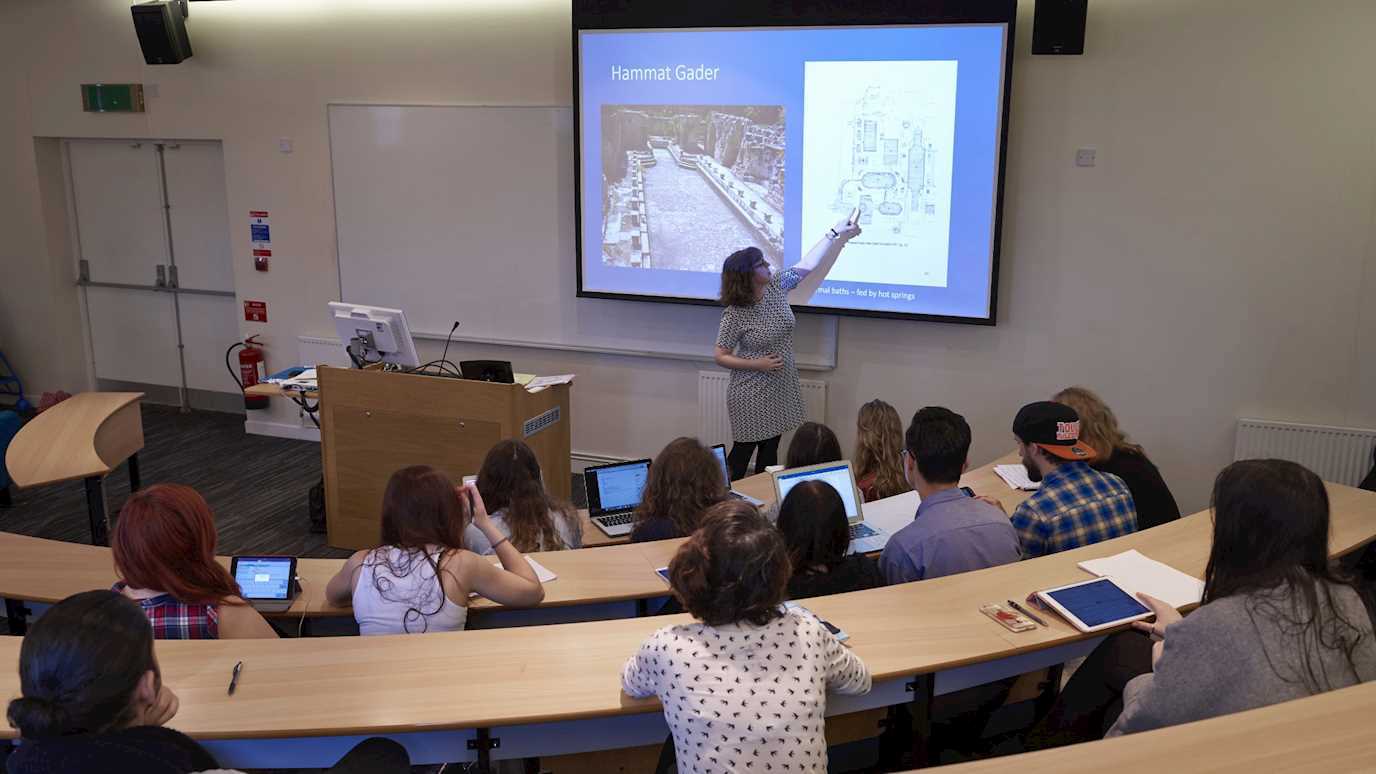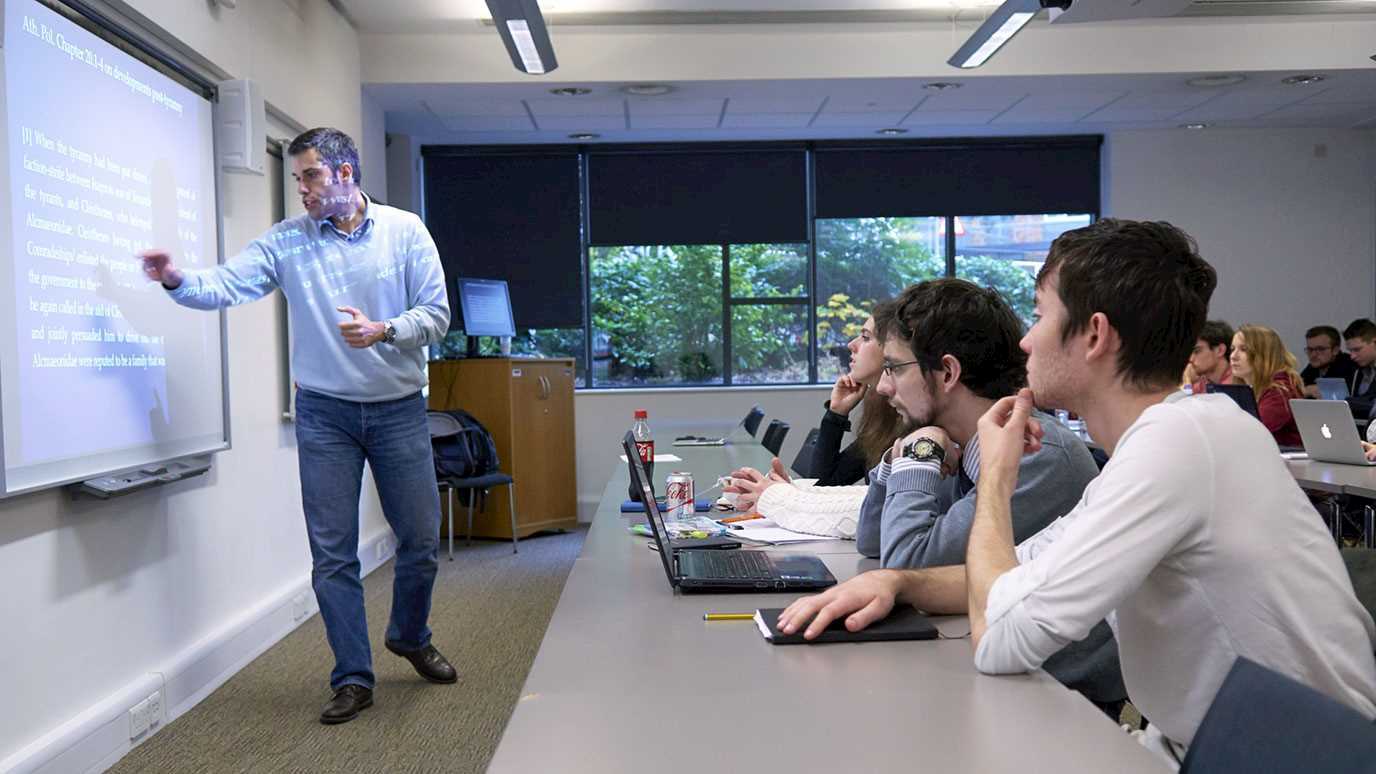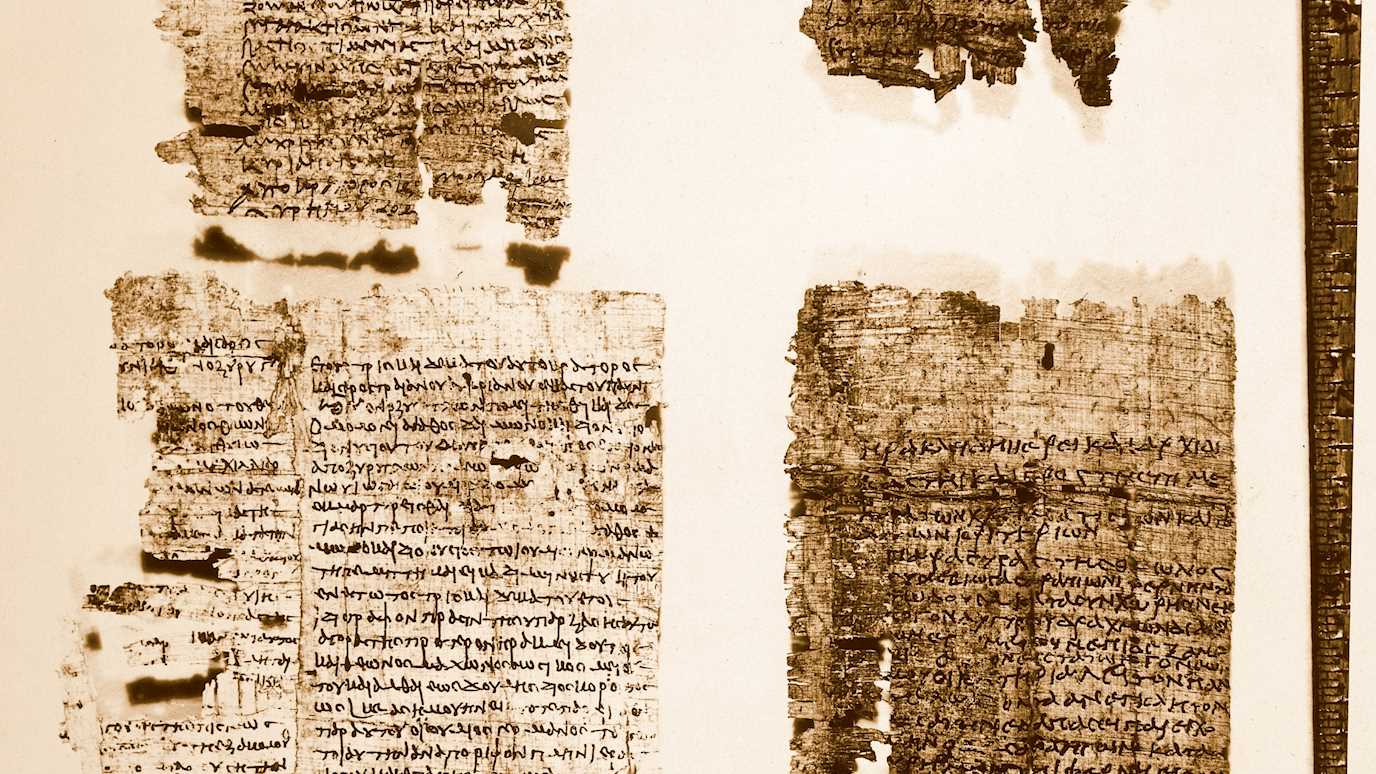Working together with our partner institutions, we offer a range of specialisms and expertise in the study of the Classical world.
The Classics department at Royal Holloway, University of London, is part of a University of London consortium, with King's College London, UCL and the Institute of Classical Studies. Consequently, studying at Royal Holloway means that you can also access excellent modules at our partner institutions.
The Institute of Classical Studies operates as a host for basic information, which is available here. For detailed information about specific courses, you need to look at the appropriate institutional site, for the Institute of Classical Studies, King's College London, UCL Ancient History, and UCL Greek and Latin.
More details about the registration process for RHUL MA students will be e-mailed to all students in August. However, if you have queries or would like to discuss MA options, please e-mail Professor Richard Alston or the Humanities Office.
The modules provided by Royal Holloway Classics are listed below.
CL5300
Sources and Methods in Ancient History
This is the core course for the Intercollegiate MA in Ancient History; all students on this degree programme will automatically be enrolled on it. Please ensure that you complete an intercollegiate registration form if you are a student at KCL or UCL so that you can be given access to the course Moodle as quickly as possible.
Course convenor: Dr Christos Kremmydas
Teaching: Friday: 2-4
40 credits.
CL5554
Latin Letters
- Read a wide range of examples of letters from Latin literature in the original language.
- Analyse key features of epistolary technique in detail.
- Recognise and discuss the deployment of features of the letter genre for literary effect.
- Critically engage with key scholarship around the letter genre and the target author.
- Understand key critical issues around the use of letters in Latin literature.
- Independently develop and execute a research essay on an aspect of Latin letters which offers a creative and original argument.
CL5351
Alexander the Great: Texts, Contexts and Criticisms
The course will give students a thorough understanding of the main events of Alexander the Great’s reign as presented by the available primary sources and encourage students critically to consider the issues raised by the extant ancient sources and to engage with modern scholarly discussions. The appreciation of historical context (Greek and Achaemenid) will be important for the students’ deeper understanding of key issues in the study of Alexander’s reign, such as the administration of the vast empire, the foundation of cities and the various challenges he faced in the East. The first part of the course (until Christmas) will seek to deepen students’ familiarity with the available primary sources while the second will be more thematic in its approach. Lecture and seminar topics to be covered in the second part of the course will include the following: Alexander’s relationship with the Greeks in the mainland and Asia Minor, Hellenicity, Panhellenism and Hellenization, Alexander’s military strategy, Persian Kingship and Macedonian monarchy, Alexander’s divinity/deification, and aspects of the reception of Alexander’s legend.
Teaching for course consists of a BA lecture and a dedicated MA seminar. The MA seminar builds on texts/themes introduced by the lectures but goes into greater depth. A separate MA seminar worksheet will be given to the students in advance of the class and the reading will be more extensive as appropriate to a postgraduate course.
Course convenor: Dr Christos Kremmydas
Lecture: Tuesdays 1-2pm
Assessment: Two essays of ca. 3,500 words each. Students will also give one unassessed (formative) oral presentation (8-10 mins).
Reading list: contact the course tutor
CL5182
Pompeii
This course provides you with the opportunity to engage in an-depth study of the material remains of Pompeii and Herculaneum and assess their special value as well as their limitations as primary sources for archaeologists and cultural historians. We analyse the different types of finds and general issues of preservation, excavation, chronology, and presentation of the sites to the public as well as a range of topics relating to the specific types of evidence for which the Vesuvian sites are renowned. The course aims to to introduce you to the wide variety of material evidence from Pompeii and Herculaneum and how it can be used to discuss a range of issues relevant to the study of the Roman world in general (housing, diet, mobility, politics, literacy etc.)
Course convenor: Erica Rowan
Lecture: Thursday 12-1pm
MA Seminar: Thursday 2-3pm
Reading list: contact the course tutor
























